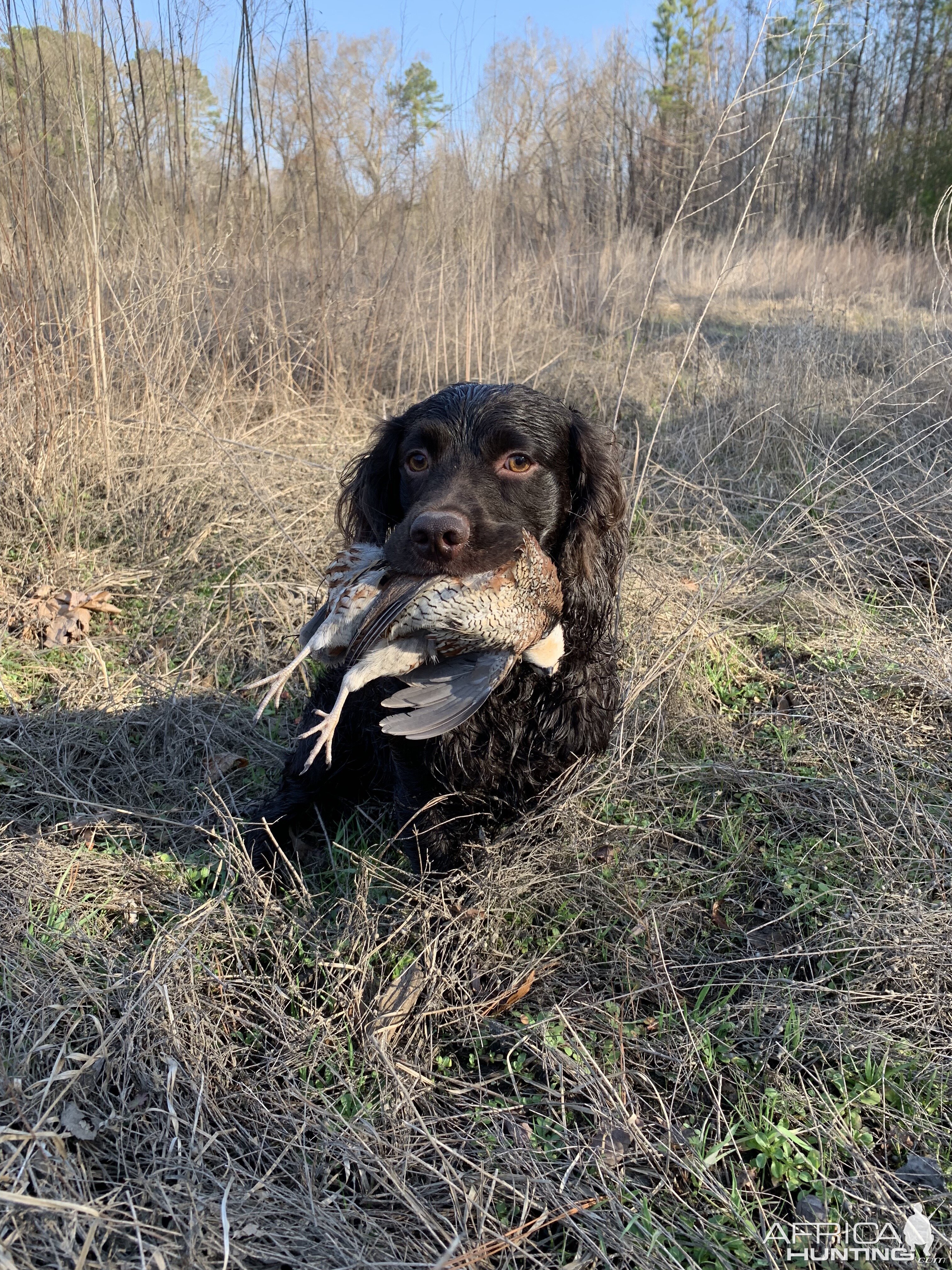Skinnersblade, you asked about recommendations for an upland bird dog that could also be used for some duck hunting. You got a lot of good suggestions here, which reflect the writers' own preferences and their local conditions. However, other than "love is blind" I can't agree with the recommendation for a lab or any retriever for what you have in mind. A lab is a specialist retrieving breed. The best there is. But for hunting grouse in the birches? or pointing woodcock? Pinning a covey of Ptarmigan on the wide open tundra? hardly ideal. A springer could serve well, if you like hunting behind flushing dogs. Or hunt mostly pheasants. They are probably the best choice there is for hunting pheasants. Or maybe tied for that title with labs, the one upland bird that labs excel at hunting.
Most upland bird hunters prefer to hunt most upland birds with a dog that points, rather than a dog that flushes. The hunting style is very different for the two activities. And you probably don't want a field trial specialist pointing dog. Most English pointer strains would fall into that category. They are too specialized and their range and speed is too fast for a hunter on foot in the bush. What I believe you may be really looking for is one of the Versatile breeds. I don't have a "favourite" Versatile breed, but have hunted a lot behind Large Munsterlanders, Pudelpointers, Brittanys and Viszlas, some Weimaraners, German Shorthairs, English setters and Deutsch Drahthaars. I have observed all these breeds and many more while serving as test gunner for almost 30 years now, during standardized tests held by NAVHDA and by the Versatile Hunting Dog Federation.
If you really want a good, unbiased overview of the subject of upland bird dogs that can be a great help as you research the different breeds and their abilities, I highly recommend an excellent book by the current world expert on versatile hunting dogs, Craig Koshyk. This is a typical comment from one of his readers: "
Zsofia Miczek, Hungary - I don't think there is any similarly thorough, well-put-together, high quality book about the pointing dogs anywhere in the world."
I have hunted with Craig, and am fortunate that he lives relatively nearby in Winnipeg. What a depth of knowledge and wisdom. Good writer and expert photographer too. Here is a link to his book.
http://dogwilling.ca/books/pointingdogsvolumeone
Have fun with the research! - and let us know what you decide.






